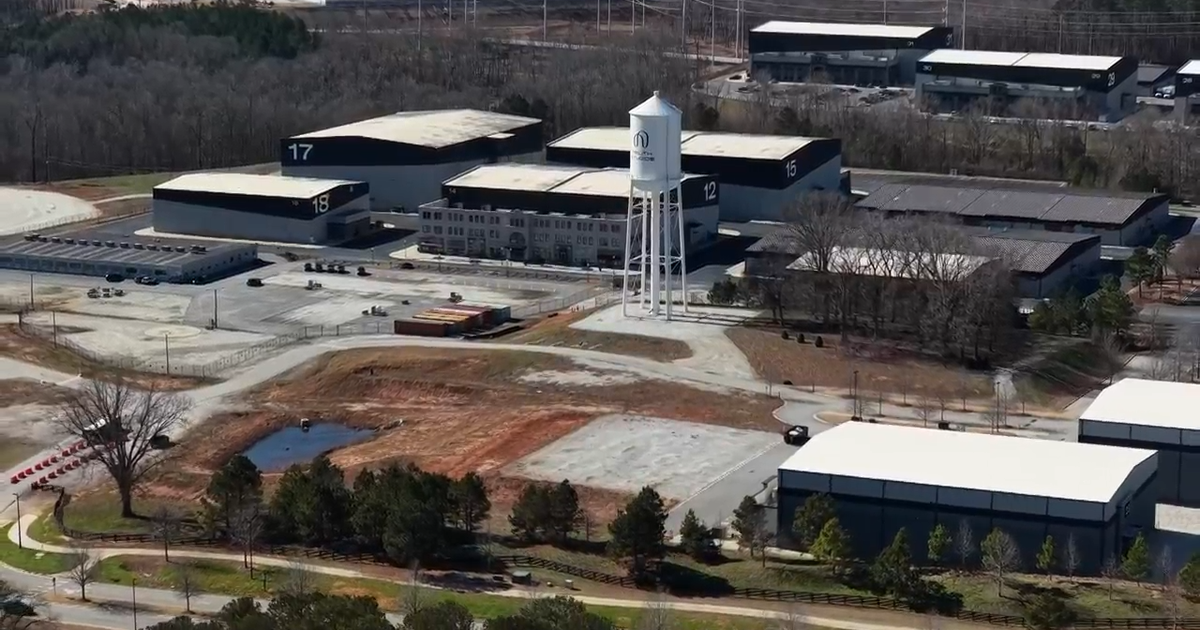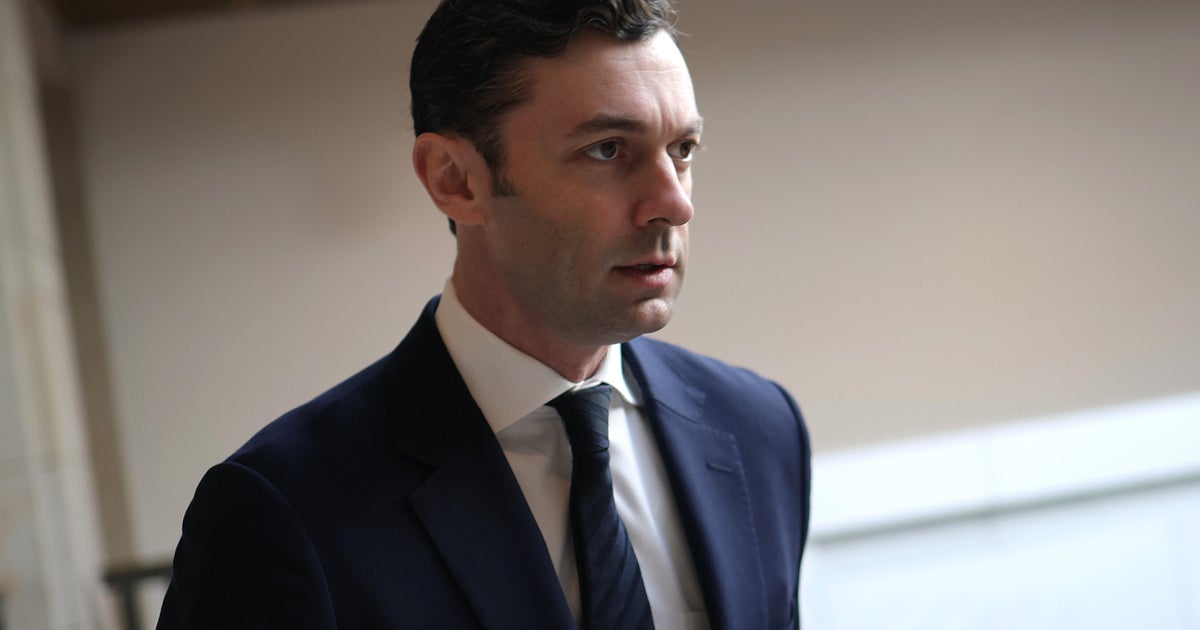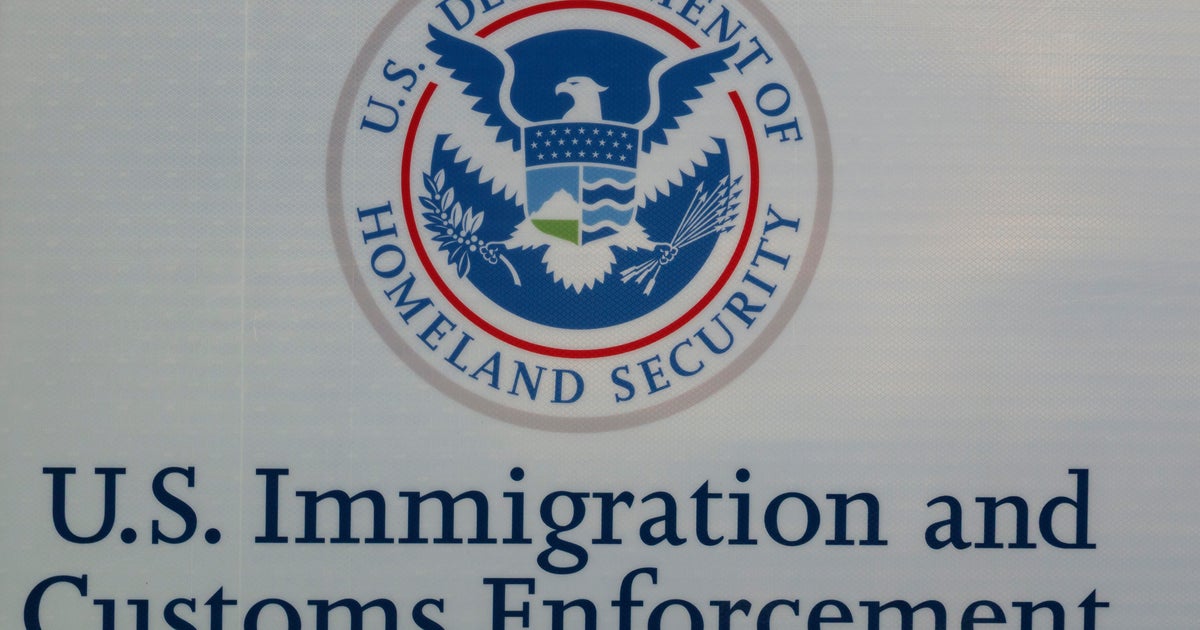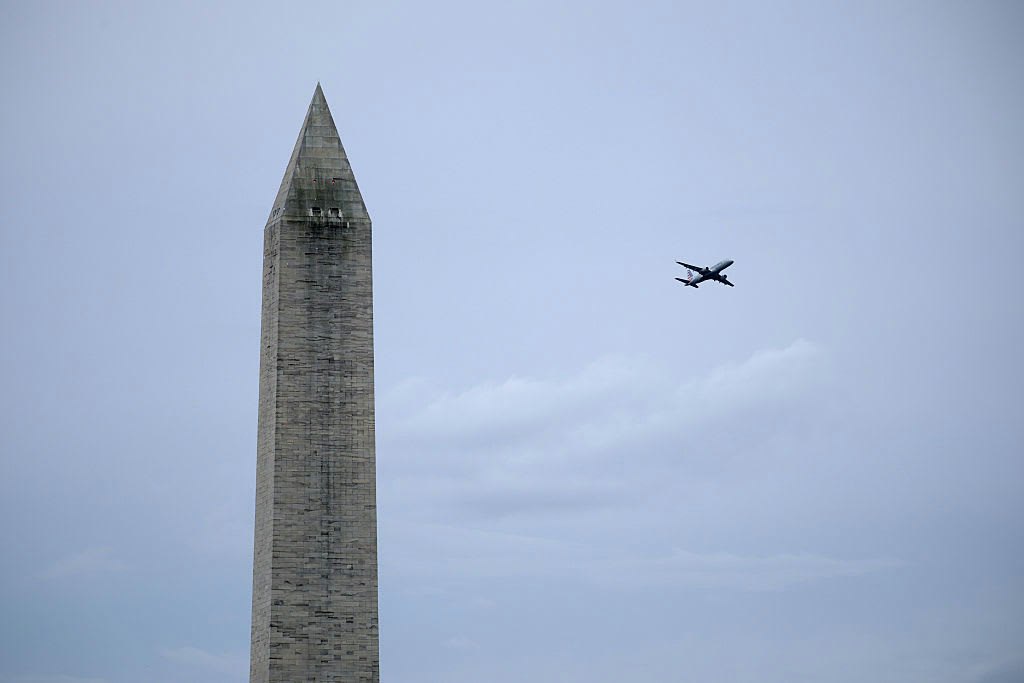Major studios rethink film and TV work in Georgia and other states over anti-abortion laws
- Netflix chief content officer Ted Sarandos said the streaming company will reconsider its "entire investment" in Georgia if the state implements a recently enacted law that bans abortion after a heartbeat is detected in an embryo.
- Other media companies, including Walt Disney Co., NBCUniversal, WarnerMedia, Sony Pictures, CBS and Showtime have followed with similar statements about their film and TV production plans in states that pass so-called "heartbeat bills."
- In 2018, the film industry supported a total of more than 92,000 local jobs in Georgia and $2.7 billion in direct spending, according to state officials.
- Among the Hollywood talent to ditch plans to film in Georgia after the abortion measure was adopted were "Handmaid's Tale" director Reed Morano and actress Kristen Wiig.
Nearly half a dozen major media companies have joined Netflix in reconsidering their hundreds of millions of dollars in investments in states where so-called heartbeat bills have either been passed or are already in effect.
Netflix was the first Hollywood studio to publicly take a stand on the polarizing issue, when chief content officer Ted Sarandos said Tuesday that the company would consider pulling movie and television productions from Georgia if the state implements a controversial abortion ban, Variety reported.
Walt Disney Co. followed Wednesday night and by Thursday, NBCUniversal, WarnerMedia, Sony Pictures, CBS and its Showtime division had each issued statements saying states' anti-abortion laws would affect the studios' decision-making when it comes to selecting locations for production.
"We fully expect that the heartbeat bills and similar laws in various states will face serious legal challenges and will not go into effect while the process proceeds in court. If any of these laws are upheld, it would strongly impact our decision-making on where we produce our content in the future," NBCUniversal said in a statement to Variety.
CBS and its Showtime division said Georgia and other states "may not be viable locations for our future production" should anti-abortion legislation be enacted, but that for now it would continue producing series based in Georgia.
"Creative voices across our industry have expressed strong concern about the recently signed bill in Georgia," the company said. "The ability to attract the best talent is the first step in producing great entertainment content and is always an important consideration in where we film any series. We are monitoring the legislative and legal developments in Georgia with the full expectation that the process in the courts will play out for some time."
The governor of Louisiana, where New Orleans is a regional magnet for film and TV crews, signed a heartbeat bill Thursday.
Film industry blowback
Although filmmakers are also protesting working in Alabama, Missouri and Ohio, where women's reproductive rights are at risk of being rolled back, the spotlight is on Georgia. The state attracts movie shoots through a generous tax credits to producers and studios. In 2018, its film industry supported more than 92,000 local full-time and part-time jobs in Georgia and $2.7 billion in direct spending, according to state officials. Marvel's Black Panther alone, which was among the 455 movie and TV projects filmed in Georgia in 2018, accounted for more than 3,000 workers.
Georgia Gov. Brian Kemp on May 7 signed a bill that would make abortion illegal after a fetal heartbeat is detected, prompting backlash from major actors and directors. Among the Hollywood elite to ditch plans to film in Georgia after the abortion measure was adopted were "Handmaid's Tale" director Reed Morano, actress Kristen Wiig and "Bridesmaids" writer Annie Mumolo, according to Variety, while "Titanic" actor Frances Fisher picketed in front of Atlanta's City Hall.
Netflix said the company would continue ongoing productions in Georgia because the law is not yet in force. "Should it ever come into effect, we'd rethink our entire investment in Georgia," Sarandos said in a statement to CBS News.
Kirsten Schaffer, executive director of the nonprofit group Women in Film, said she supports filmmakers who chose not to work in the state for political reasons.
"A woman's right to make choices about her own body is fundamental to her personal and professional well-being. We support people who make the choice NOT to take their production to Georgia or to take a job in Georgia because of the draconian anti-choice law recently signed by their Governor," Schaffer said in a statement.
She suggested that they move their productions to other states that offer significant tax rebates and production incentives, such as California, Hawaii, Illinois, Maine, New Mexico New York and Washington.
Some entertainment industry figures have cautioned against boycotting Georgia because of the economic toll it would take on ordinary workers and have instead backed other forms of protest. Jordan Peele and J.J. Abrams are continuing projects in the state and are vowing to donate their salaries to the American Civil Liberties Union and abortion rights groups.





